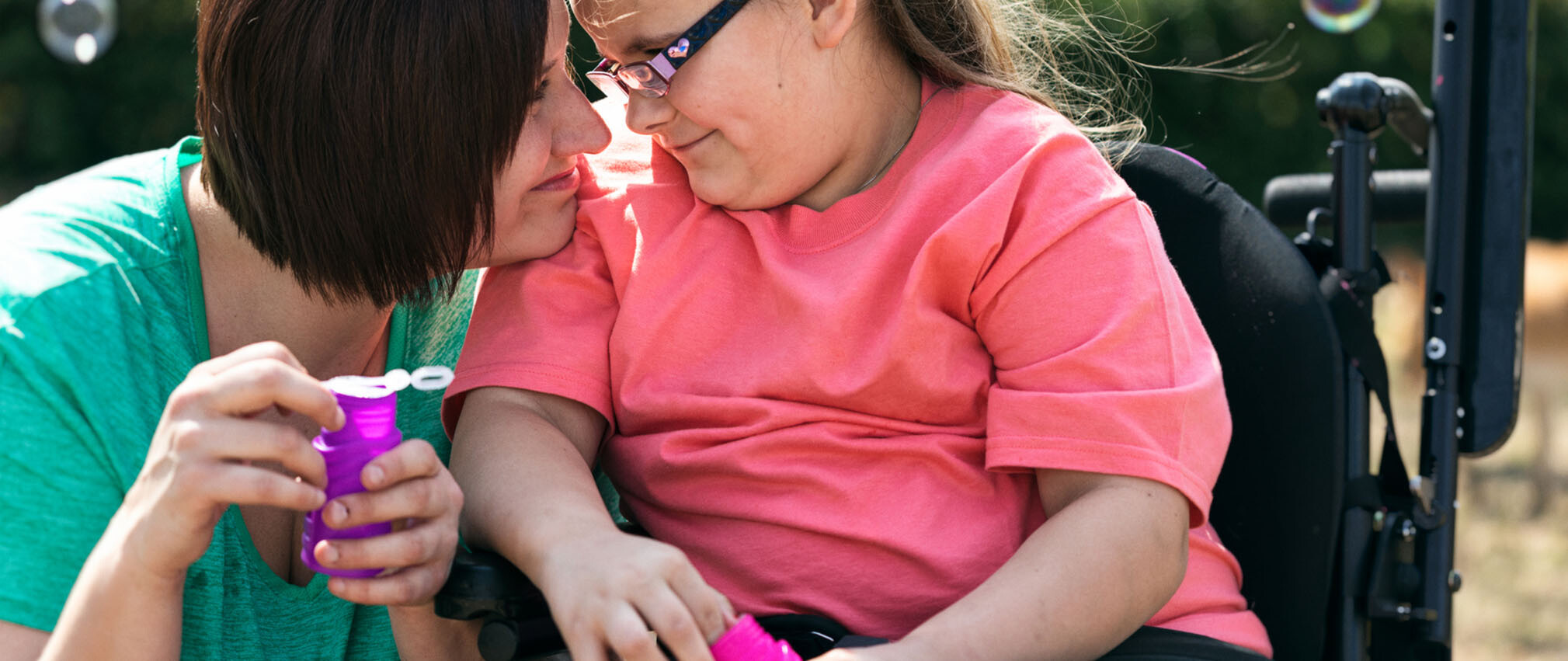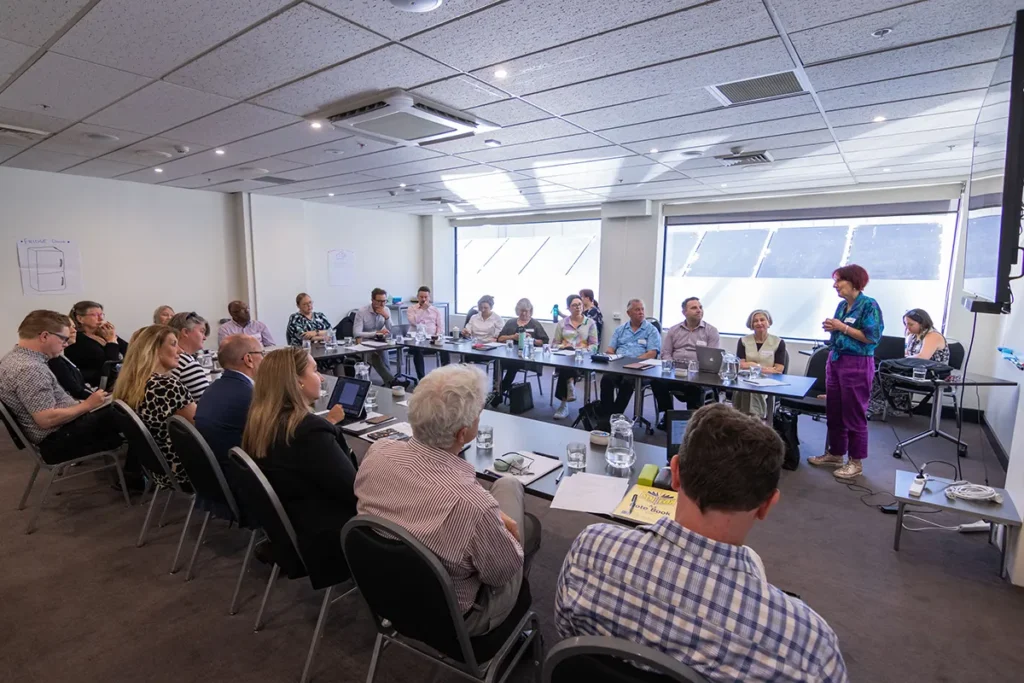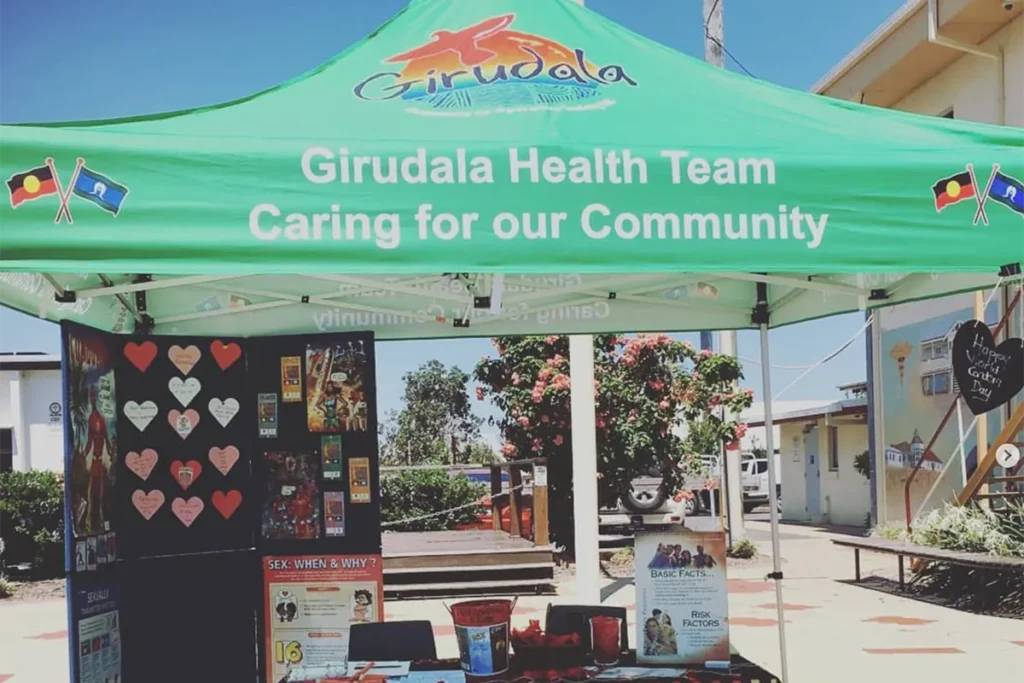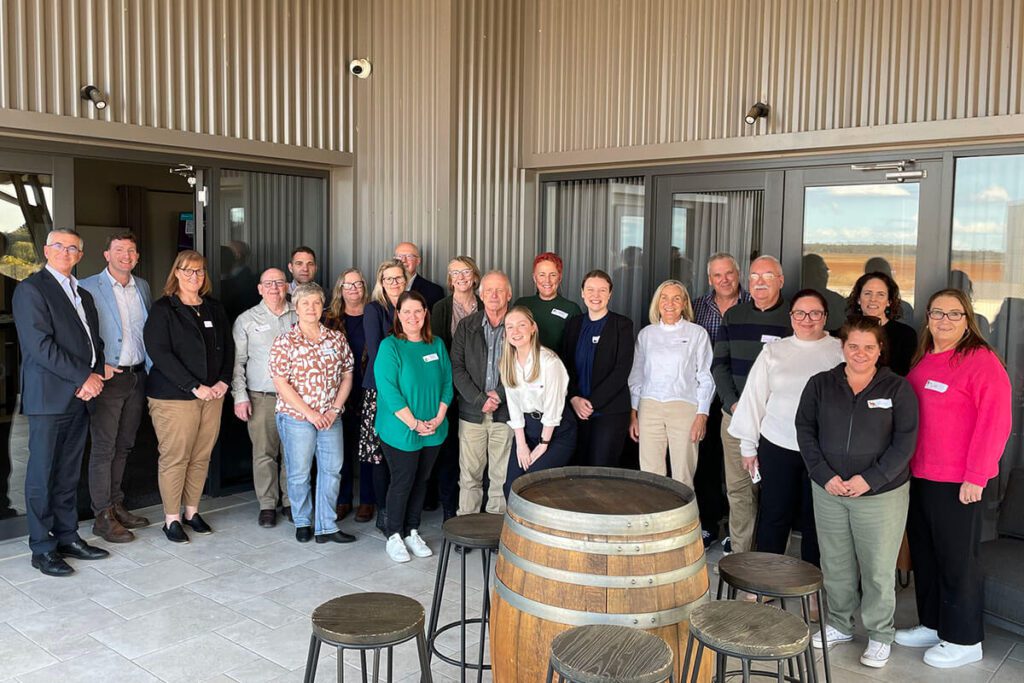Summer Foundation
A new approach to sharing support for people with disability in co-located Specialist Disability Accommodation
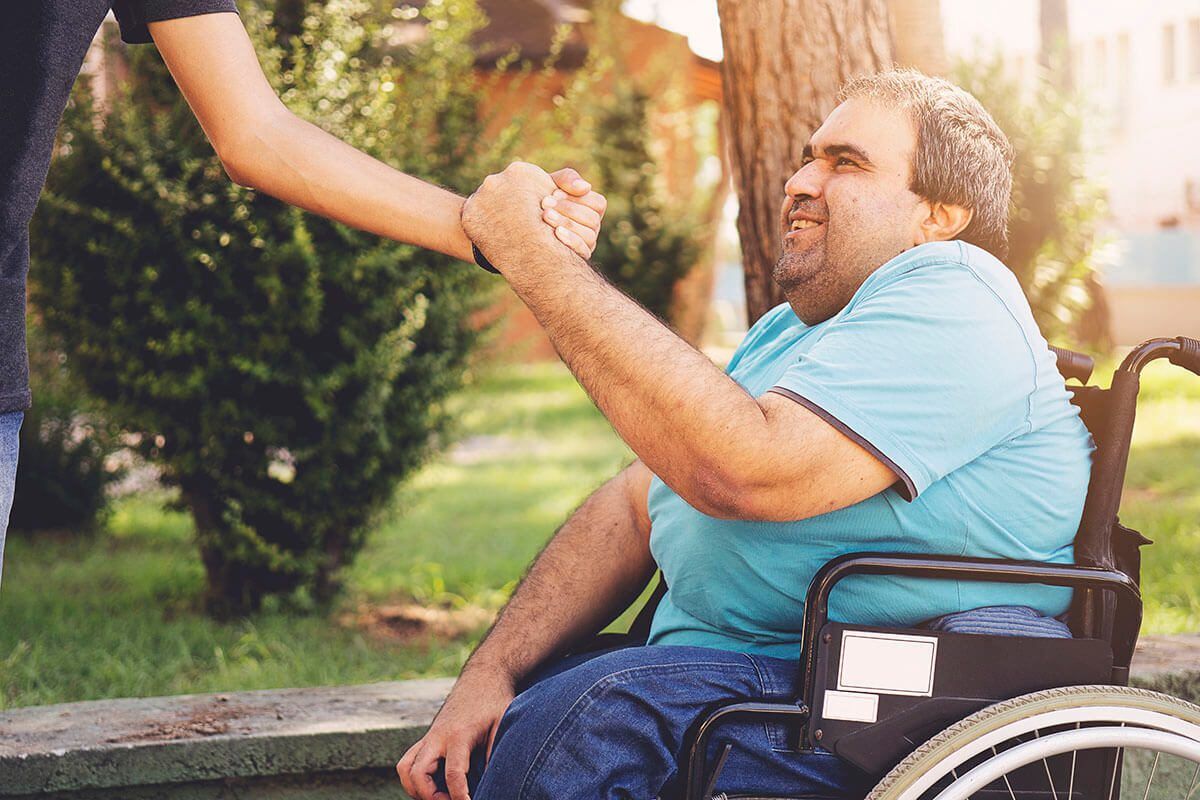
A Care Together Project
A better way of delivering shared support for people with disability who have high and complex needs living in Specialist Disability Accommodation in regional and remote areas.
Project location
TBA
What is the market failure being addressed?
There is a lack of effective, tenant centred models of support available to people with disability living in co-located specialist disability accommodation (SDA) in regional and remote settings. SDA funding was designed to meet the housing needs of the 6 per cent of NDIS participants (approximately 30,000) with the most complex support needs. While innovation in SDA has been slow to emerge, new approaches for shared support are taking even longer.
People living with complex disabilities and high care needs want greater control and the ability to determine how their support is delivered. At present, the way in which support is delivered can leave recipients feeling frustrated, disempowered and insecure.
There are significant opportunities to re-imagine the provision of support to people with disability in the context of emerging SDA design, smart technology and, most significantly, by leveraging the needs and preferences of the people with disability who tenant SDA.
There are a range of factors that currently inhibit effective support provision in SDA which include:
- limited capacity of many tenants to direct their own support
- NDIS funding restrictions governing support in co-located SDA
- lack of innovation (ie support in co-located SDA often closely resembles how support has historically been delivered in group homes)
- high workforce turnover
These challenges are significantly amplified when the overlay of regional and remote settings is considered.
What is the project seeking to achieve?
This is a project that will be undertaken in three stages, with each stage providing a gateway to the next.
Stage one involves a co-design process with a group of tenants who are eligible for SDA. The co-design process will look at whether a co-operative approach is a viable option.
Stage two will again undertake a co-design process with the same representative participants to map out how that co-operative solution would look and how it would meet the aims outlined in stage one.
Stage three would involve identifying a location to pilot test that shared support model.
Project update
Over the past six months, Summer Foundation and Care Together have focused on co-designing the structure of a disability support consumer co-operative for people who live in SDA with an approved Supported Independent Living package (SIL).
This work includes:
- developing a concept paper that outlines the rationale for a consumer co-operative in disability support services, its governance structure, funding and business viability, with an emphasis on how this model could deliver high-quality supports to underserved rural and regional areas. Care Together and Summer Foundation are nearing the completion of this concept.
- Following this, advocacy and exploration will begin, with a long-term goal of selecting a site and community for testing. This final phase is expected to begin after June 2025, with the ultimate aim of ensuring more accessible, reliable and tailored disability support services for rural and remote communities.
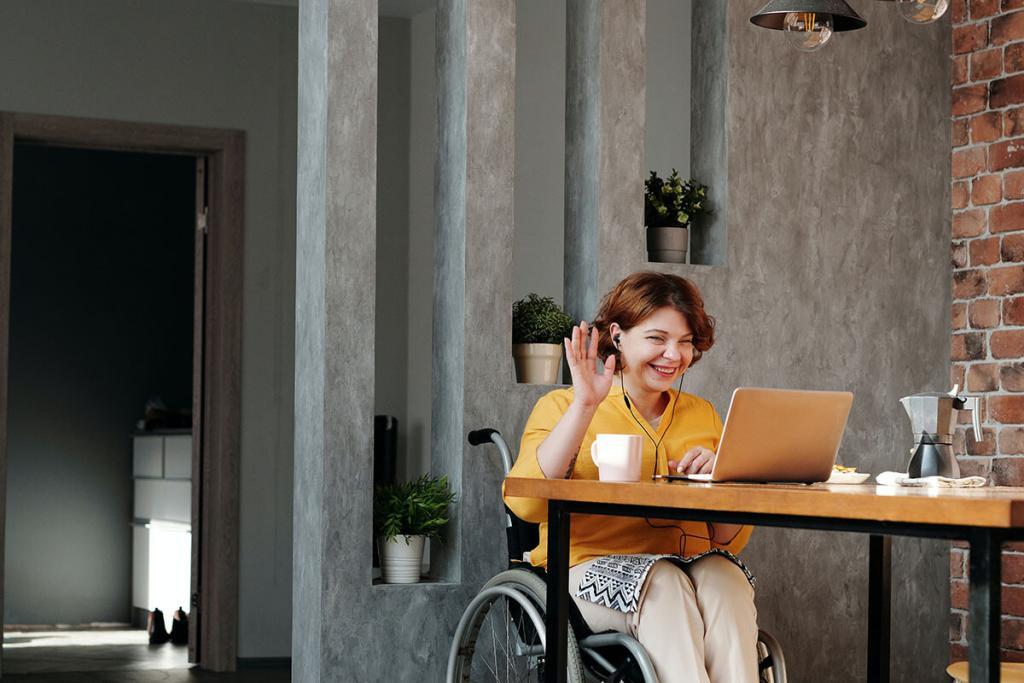
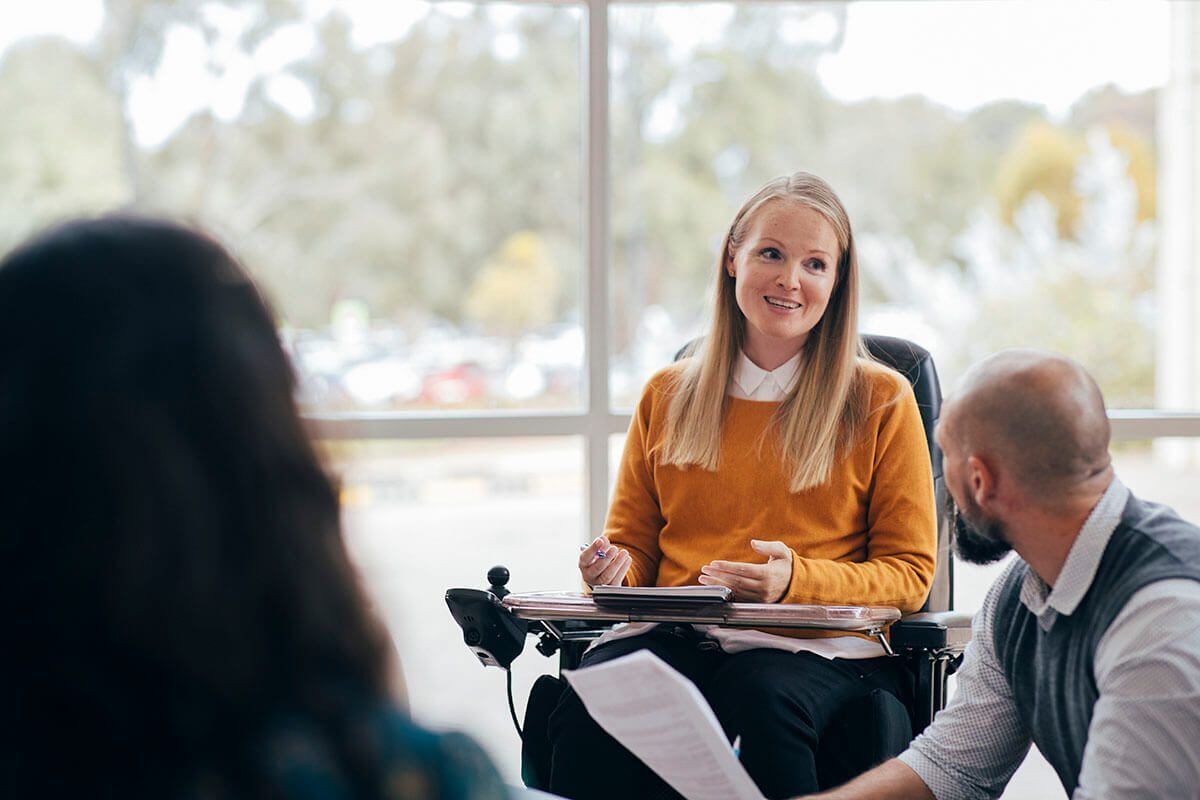
Hear from the Summer Foundation
Carolyn Finis, head of Co-Design, Summer Foundation, shared:
“The idea of shared support and the efficiencies that it brings is really something that we want to we want to see leveraged. Sadly, while there’s been some innovation in housing for people with disability, there’s been very little innovation in that area of shared support.
“We know from surveying participants that what works well is flexible care that respects privacy and enhances choice and independence.
“There’s been a lack of general innovation in shared support, and it’s characterized by very high workforce turnover. There’s often a bigger deficit in training and skills that have been provided to that workforce, and there’s just a lack of providers that are available to choose from in rural and remote areas.”
“We know from surveying participants that what works well is flexible care that respects privacy and enhances choice and independence.”
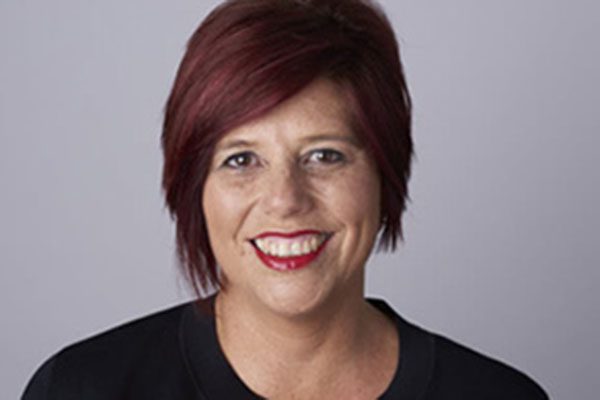
– Carolyn Finis, head of Co-Design, Summer Foundation
Related projects
Care Together is supporting the establishment of new co-operative and mutual enterprises that provide sustainable workforce solutions in areas where current approaches are not working. Explore more Care Together projects.
Are you working on a community-led care solution where you live?
